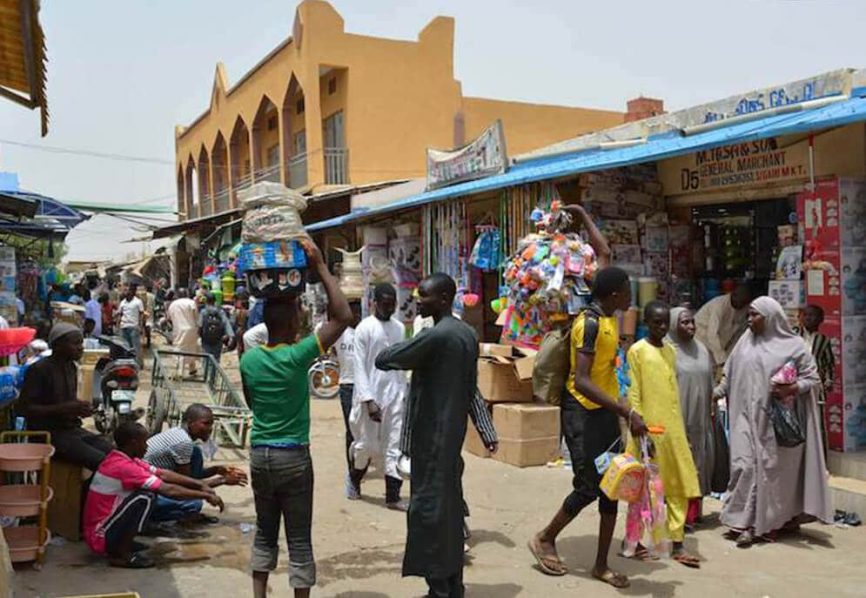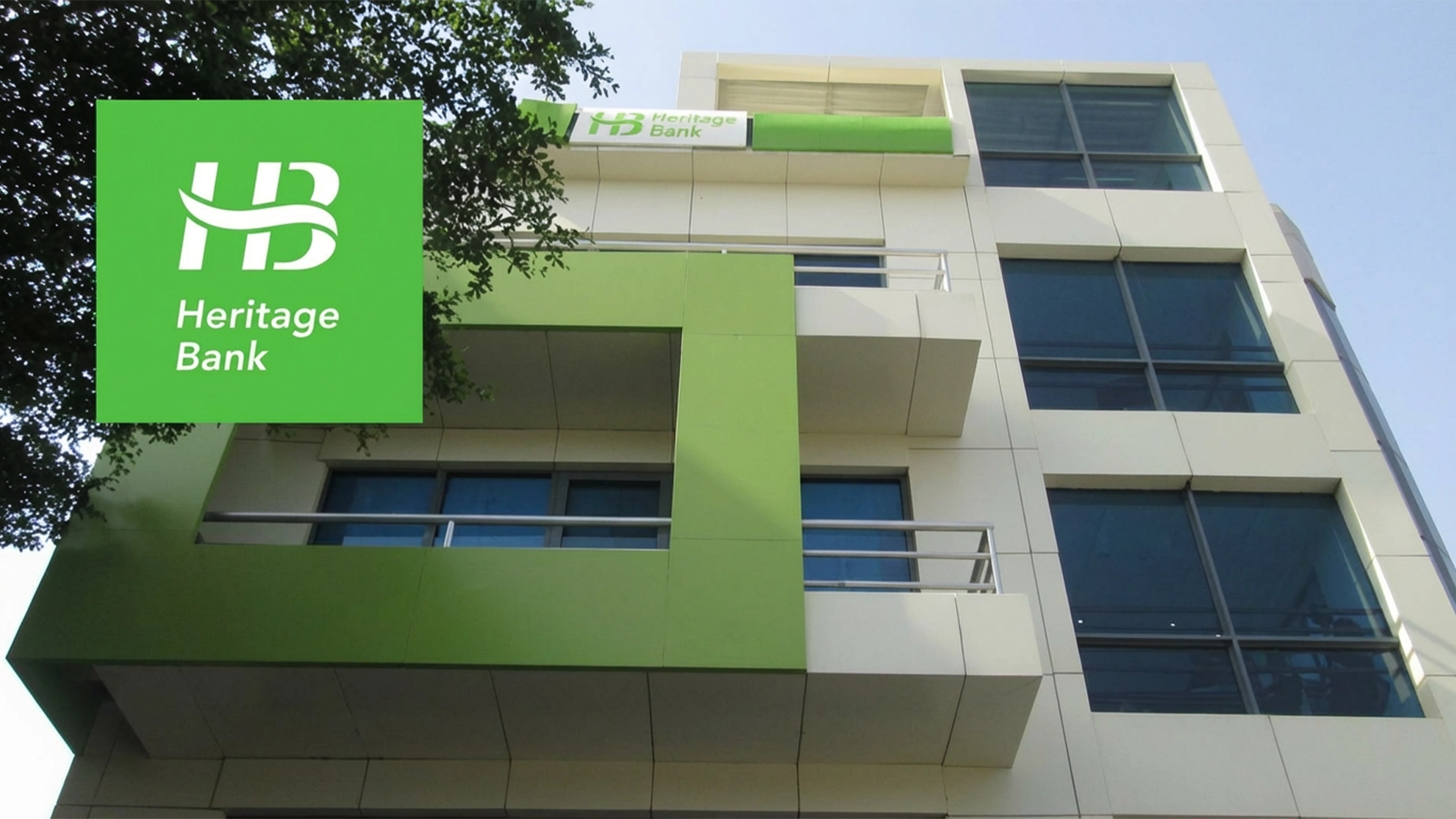
Despite government efforts to increase foreign direct investment (FDI) flow into the country, financial experts have submitted that Nigeria’s business environment remains unattractive and very risky for investors.
The experts, who stated this during a Media and Development Conference 2023, organised by the Center for Journalism and Investigative Development (CJID), lamented that the Nigerian business environment lacks trust and stability including political risk, among other risk factors.
African Programme Director of the Centre for International Private Enterprise, Lola Adekanye, stated: “They are not attracted to invest. And unfortunately, capital goes where there’s trust, and where there’s stability, and there are other places where there’s trust and where there’s stability and where the return on investment is guaranteed.”
Adekanye, who was one of the panelists on the topic: “Corrosive and Constructive Capital Inflow in Africa: Regulatory Framework and Governance gaps,” said usually investors look at the track record of other investment that has been in the country before and when they see that return on investment is not guaranteed coupled with too many unstable indicators they tend to reconsider.
She said: “They’re not attracted to invest. And unfortunately, capital goes where there’s trust, and where there’s stability, and there are other places where there’s trust and where there’s stability and the return on investment is guaranteed. So basically, it’s still a very risky market in Nigeria.”
While noting that although the government is trying to stabilise the market through fiscal policy, she stressed the need to boost opportunities for the growth of the private sector, saying that is the only way to drive up the GDP.
The financial expert however, frowned at the fact that government is borrowing to service recurrent expenditures like paying salaries and buying palliatives, saying: “If you’re borrowing you should borrow for capital expenditure because the MSMEs will turn that capital expenditure into value that value will turn into return on investment for the investors.”
She said borrowing to service recurring expenditures the government is borrowing to give out palliatives that do not demonstrate enough trust that the return on investment will be guaranteed.
The Executive Director of the Centre for Fiscal Transparency and Integrity Watch, Umar Yakubu, noted that although Nigeria currently has an infrastructure deficit that can be met through investments, Nigeria lacks due diligence when it comes to the use of borrowed funds.
“Our level of due diligence is very low. We sign contracts without properly understanding what we’re supposed to do. Even if we do understand them, we do not sometimes sign them for national interest and national security purposes. That is why you will see a lot of problems where the money has been collected, and when it comes to paying, you will not see the value of the money.”






